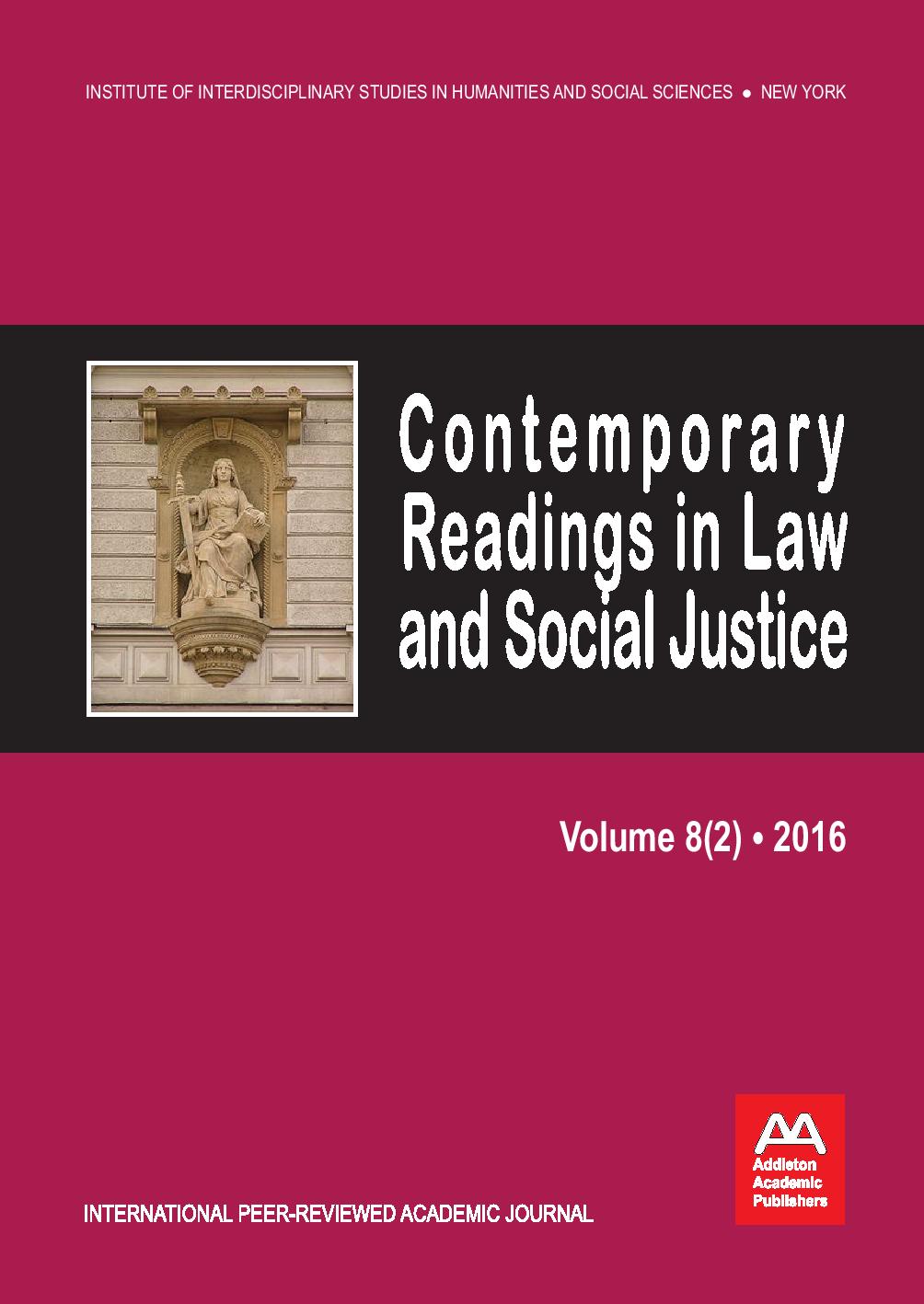VULNERABILITY AND THE PRINCIPLE OF NON-REFOULEMENT IN THE EUROPEAN COURT OF HUMAN RIGHTS: TOWARDS AN INCREASED SCOPE OF PROTECTION FOR PERSONS FLEEING FROM EXTREME POVERTY?
VULNERABILITY AND THE PRINCIPLE OF NON-REFOULEMENT IN THE EUROPEAN COURT OF HUMAN RIGHTS: TOWARDS AN INCREASED SCOPE OF PROTECTION FOR PERSONS FLEEING FROM EXTREME POVERTY?
Author(s): VERONIKA FLEGARSubject(s): Human Rights and Humanitarian Law, Social differentiation, Studies in violence and power
Published by: Addleton Academic Publishers
Keywords: Article 3 ECHR; non-refoulement; extreme poverty; economic, social and cultural rights violations; exceptional circumstances; vulnerability;
Summary/Abstract: “Economic refugees” largely remain outside the international protection regimes of refugee and human rights law. Nevertheless, recent case law of the European Court of Human Rights (ECtHR) opens up limited possibilities for economic refugees to rely on Article 3 of the European Convention on Human Rights (ECHR), which prohibits torture and inhuman or degrading treatment or punishment. The present paper asks: can, and if so, under what circumstances does, the deportation to situations of economic, social and cultural rights (ESCR) violations caused by conditions of extreme poverty form a violation of the non-refoulement principle? The present study conducts a doctrinal legal analysis of the most remarkable cases of the ECtHR in that respect. The delimitation and use of the concepts of exceptional circumstances and vulnerability are especially intriguing in this regard and are the main focus of this paper. Most ground-breaking was the case of MSS v Belgium and Greece in which the ECtHR recognized the living conditions of “most extreme poverty” of the applicant in Greece as falling within the scope of Article 3 ECHR. With the subsequent cases of Sufi and Elmi v UK, SHH v UK and Tarakhel v Switzerland, the innovative character of MSS v Belgium and Greece has been challenged, redefined and put into perspective. It can be concluded that the ECtHR has increasingly recognized vulnerability as a relevant criterion to be applied in addition to, or possibly even as a substitute for, the previously applied exceptional circumstances standard. The burden of proof for vulnerability seems to be lower than for the exceptional circumstances threshold and more attention seems to be paid to the general environment and situation in the country of origin rather than only to the individual circumstances of the applicant.
Journal: Contemporary Readings in Law and Social Justice
- Issue Year: VIII/2016
- Issue No: 2
- Page Range: 148-169
- Page Count: 22
- Language: English
- Content File-PDF

